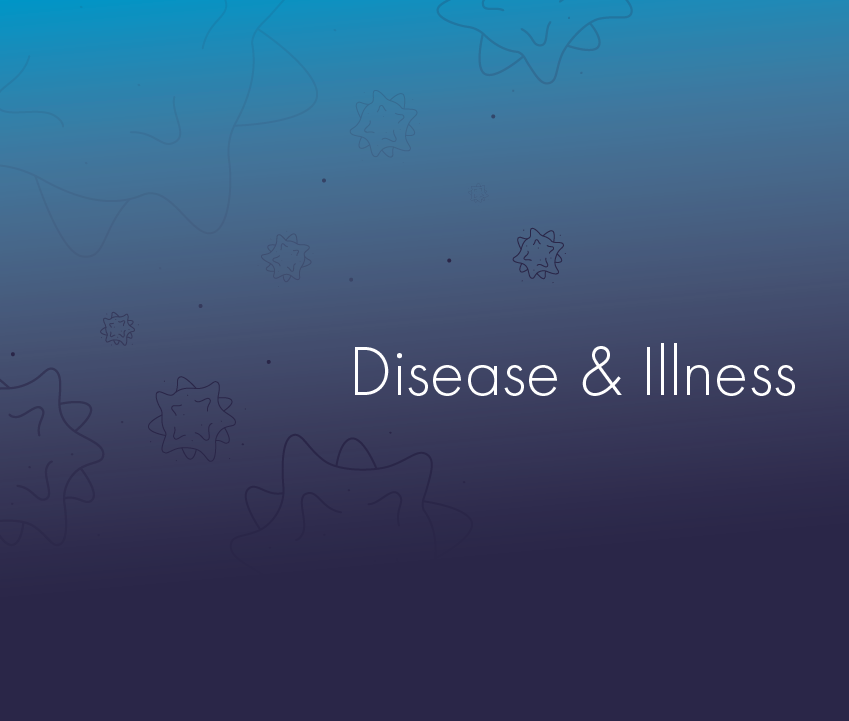Algoma Public Health
Rabies
Rabies is a viral disease that attacks the central nervous system of warm-blooded animals, including humans. Once symptoms appear, rabies is almost always fatal. In Canada, the animals that most often transmit rabies are bats, foxes, skunks and raccoons.
How Rabies Is Spread
Rabies is transmitted through saliva-primarily via bite wounds. It can also be spread when infected saliva comes in contact with a scratch, open wound or mucous membrane, such as those in the mouth, nasal cavity or eyes.
When the virus enters an animal's body it spreads through the nerves to the brain, where it multiplies quickly. The virus then moves to the salivary glands and other parts of the body.
Contact Us!
Sault Ste. Marie: 1-866-892-0172
Blind River: 1-888-356-2551
Elliot Lake: 1-888-211-6749
Wawa: 1-888-211-8074
The Incubation Period
The incubation period (from initial exposure to clinical symptoms) may range from two weeks to many months. It can depend on a number of factors, including the strain of rabies and the location of the bite. However, it is important to note that an animal can transmit the disease a few days before showing any clinical signs.
Animal Symptoms
Animals with rabies may show a variety of signs. The disease can appear in two forms-dumb rabies or furious rabies.
Dumb Rabies
- Domestic animals may become depressed and try to hide in isolated places.
- Wild animals may lose their fear of humans and appear unusually friendly.
- Wild animals that usually only come out at night may be out during the day.
- Animals may have paralysis. Areas most commonly affected are the face or neck (which causes abnormal facial expressions or drooling) or the hind legs.
Furious Rabies
- Animals may become very excited and aggressive.
- Periods of excitement usually alternate with periods of depression.
- Animals may attack objects or other animals. They may even bite or chew their own limbs.
Rabid Animals - What To Do
- Stay away from any animal that is showing abnormal behaviour.
- Isolate pets and livestock suspected of having rabies away from people and animals.
- Contact the Canadian Food Inspection Agency (CFIA) at 1-800-442-2342 or your local CFIA office (found in the blue pages of your telephone directory) if you have possession, care or control of an animal suspected of having rabies, or that has been exposed to rabies. This is required by law because rabies is a federally reportable disease in Canada.
Preventing Human Illness
If treatment is given promptly after being exposed to or bitten by an animal that could have rabies, human illness can be prevented. The following actions are recommended:
- Immediately wash the wound or exposed surface with soap and water.
- Remove any clothing that may have been contaminated.
- Seek medical advice as soon as possible.
Prevent the Spread of Rabies
- Vaccinate pets against rabies as recommended by your veterinarian.
- Don't let pets roam free.
- Avoid wild or domestic animals that are behaving strangely.
- Keep a safe distance from wildlife, even if they look healthy. Do not attempt to raise orphaned wild animals.
- Teach children not to handle wildlife or pet animals they do not know.
People who work in occupations that bring them into regular contact with animals, such as veterinarians, trappers and park rangers, should protect themselves through pre-exposure vaccination.
Date of Creation: June 1, 2015
Last Modified: June 1, 2015










